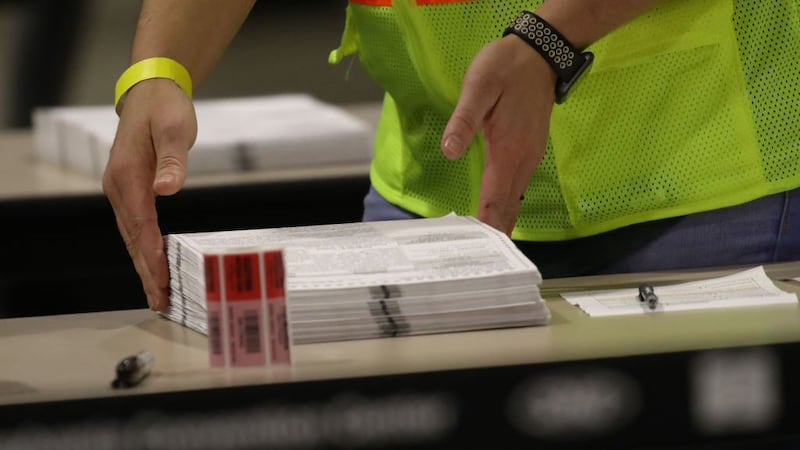The final lawsuit linked to the 2020 election officially came to an end last week when the Supreme Court refused to hear Congressman Mike Kelly’s case challenging mail-in voting in Pennsylvania.
While the legal challenges are over, a bipartisan advisory board is now examining the state’s election laws to see where improvements can be made.
The 2020 election turned voting into a partisan issue. Lawrence County Commissioner Dan Vogler, a Republican, sits on the 23-member board created by the governor examining things like mail-in voting. He’s joined by Allegheny County Solicitor Andy Szefi who is pushing for pre-canvassing of mail-in ballots and more time between the election and the deadline to register.
“When you conduct the largest turnout election in Pennsylvania history amid a pandemic, amid a very polarizing atmosphere with one party voting one way and the other party voting the other way, we had a perfect storm of factors that led to it,” Szefi said. “If you’re a voter and you waited until that last one-week deadline, that presents a real challenge to get that ballot back in. We would like to see that deadline extended further out from the election.”
Those raw feelings are still being felt. The Pennsylvania GOP sent out a fundraising email last week claiming the state’s election laws were changed to hurt former President Donald Trump.
Expanded mail-in voting was passed by the Republican-controlled General Assembly in 2019 before being signed by Governor Tom Wolf. But it’s a system leaders agree needs to be improved and it’s now being examined by a bipartisan advisory board.
The board can only make recommendations and Vogler believes it will be done in a bipartisan way.
“Take away some of the burden on our elections staff, but continue to make it easy for folks, as easy as possible for folks to vote,” Vogler said. “I saw no indication so far of any partisan divide. I get the impression that this group does want to look at this issue in an unbiased way.”
Any recommendations made by the board will need to be approved by the General Assembly and signed by the governor before becoming law. The next meeting is scheduled for April.
TRENDING NOW:
Cox Media Group









